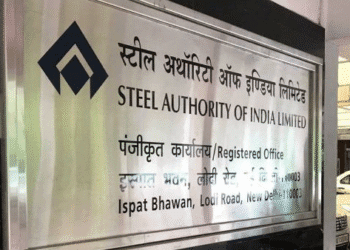Athira Sethu
Kochi, 30 June 2025
In the last few months, the world auto industry has encountered a new challenge, a scarcity of rare earth elements, which are crucial in the construction of electric vehicles (EVs). China, that holds a chokehold of about 90% of these minerals, has cut off exportations. This is causing discomfort to car manufacturers across the globe, including in India.
Rare earths are utilized in permanent magnets, which are present in most EV motors. These magnets are required for EVs to operate effectively. However, it is environmentally unfriendly and costly to mine rare earths.
That is where Bengaluru-based startup Chara Technologies comes in. Chara Technologies was started in 2019 by Bhakhta Keshavachar, who had previously worked for Ezetap and Intel. He collaborated with two other specialists, Mahalingam Koushik and Ravi Prasad, to develop motors that do not require rare earths.
A New Kind of Motor
Chara produces synchronous reluctance motors, which have no magnets whatsoever. These motors produce power based on reluctance or opposition to the flow of magnetic energy. They are also 5% more efficient than conventional rare earth-based motors.
But developing these motors was not straightforward. Reluctance motors are difficult to control due to noise and power problems. Chara took three years to solve these challenges with improved software and hardware design.
Support and Growth
The company received an initial INR 25 lakh from IISc Bengaluru, which funded the first prototype. Chara then raised $850,000 in seed capital, and in 2023, $4.75 million in a pre-Series A round. In 2024, it started mass production and now ships 150 motors per month.
Their motors are utilized in electric vehicles, agricultural equipment, golf carts, lifts, and industrial machinery. Some of their customers are Godrej, Greaves Cotton, and Sonalika. Chara also exports to the European continent and has nine pending patent applications.
What’s Next for Chara
Chara is going to expand rapidly. It aims to produce 15,000 motors during this financial year and generate $5 million in revenue. Its existing factory produces 500 motors per month, but the plan is to scale up to 2,000 motors per month.
Despite Chara’s motors weighing 20-25% more than others, they are environmentally friendly and assist in diminishing China’s dependence. The company is also securing new funds to scale up its operations and make its motors more affordable.
Chara is demonstrating a world where clean, sustainable EV technology exists, without relying on rare earths.





















